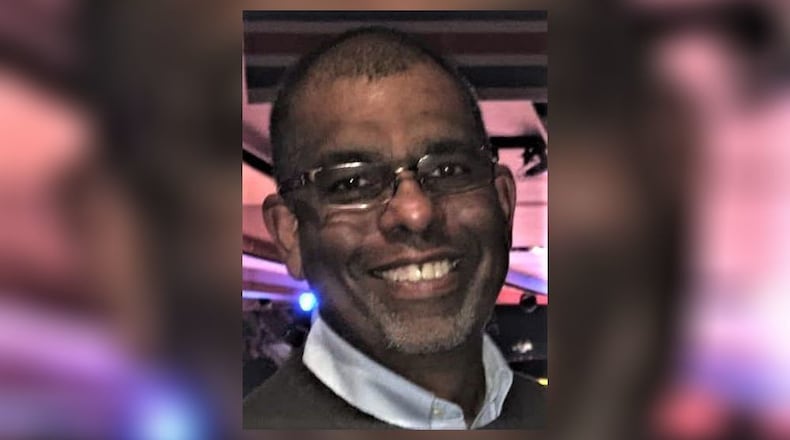Or is it, “if you are going to commit an act, subscribe to a philosophy, become a member of a group, then you are responsible for your actions.”
That last definition came from Sean Hathaway, a Dayton business owner who emails me often and spurred the idea for an occasional Reader Conversation. This is the first of these Conversations.
Hathaway’s personal responsibility philosophy comes from his mother, who told him, “You’re going to do things the right way, or I’m going to make sure you do the right thing.” She reminded him that his actions have consequences.
“You’re not the only person in the room. You’re not the only person in the world,” he said. “The actions you choose will affect other people you may never meet and may never know.”
I’m completely on board with that. I bet we’ve all seen able-bodied people cavalierly park in handicapped spaces without regard for those who needed the spot, servers break down in tears after a rude customer’s tirade, or cars parked in “no parking” zones that block others from carrying out their responsibilities.
But personal responsibility isn’t just about actions, but what led to taking those actions.
Art Jipson, an associate professor of sociology at the University of Dayton whom I’ve quoted many times, noted the ties personal responsibility has to economics.
“You were raised in a context of you’re responsible for your decisions, and you’re making several choices. But you don’t stop and reflect on what made those choices possible for you in the first place,” he said.
“Personal responsibility is important (but) there’s a complex interplay between the social and the individual,” he added.
Jipson said community impacts personal responsibility views. A community with good roads, schools, and services will likely have a definition of personal responsibility different than those that aren’t so fortunate.
“You were raised in a context of you’re responsible for your decisions, and you’re making several choices. But you don’t stop and reflect on what made those choices possible for you in the first place,” Jipson noted.
The complex personal responsibility concept, then, goes well beyond what any one person believes is the right thing to do. You have to consider how societal factors, like economics, influence the personal responsibility choices you make.
I know. When I was very young, my personal responsibility began and ended with my family and the needs of us who lived in our roached-filled apartment in the projects. I had to take care of my brothers and sister, help my mother, work, and attend school. When I moved into my own apartment, at just 18, I remember quitting a job on the spot and telling my boss, “I don’t have a responsibility to anyone but me.”
At the time, I thought that to be true.
But Hathaway and Jipson taught me to look at personal responsibility through a wider lens. People should be responsible and considerate of everyone. But I now understand the other factors influencing behavior.
That’s what these reader conversations are supposed to do — spur discussions, civilly debate different points of view, and learn something. And I’ve learned that personal responsibility is far more complicated than I ever imagined.
Ray Marcano’s column appears on these pages each Sunday. He can be reached at raymarcanoddn@gmail.com. Contact him if you have an idea for a reader conversation.
About the Author

